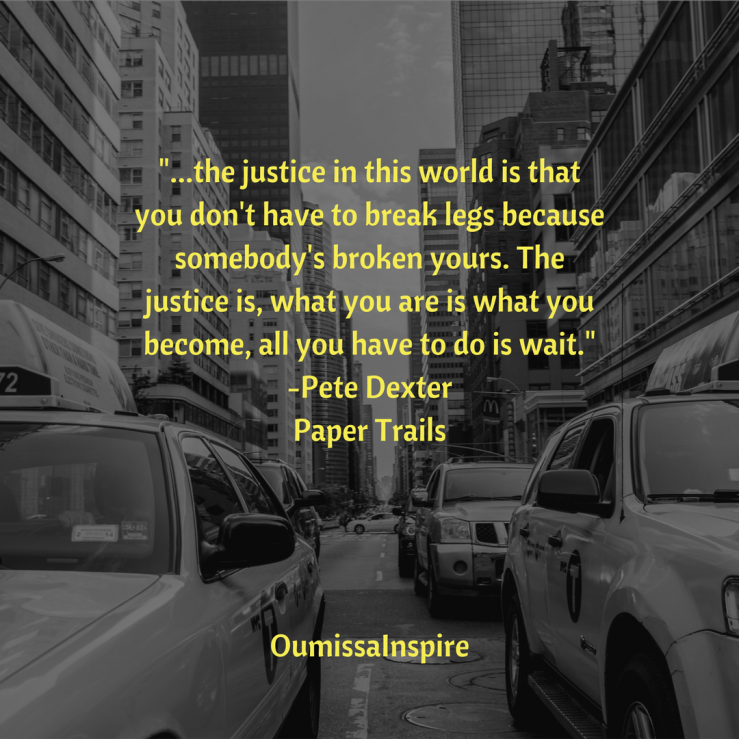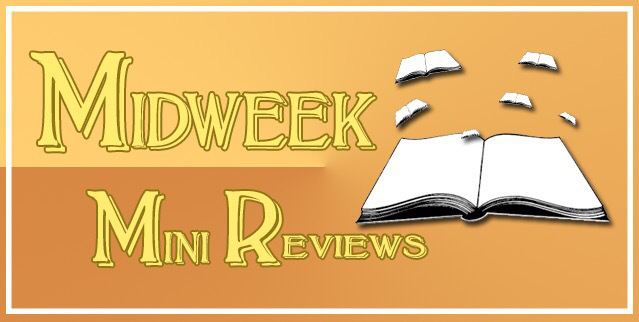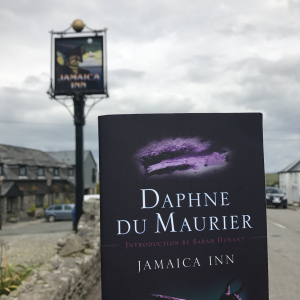As summer arrives in our neck of the woods, the library and publishing worlds are already knee-deep into summer reading season. Here at the library we think reading is great for all the year round, but if the sun coming out and temperatures rising inspires people to crack open a book or power up an eReader, we are all for it. The one thing that has always puzzled me though is the long lists of ‘beach reads’ that come out this time of year purporting to be the ideal summer reading choice. The whole idea of what a beach read is, usually ‘light’ and ‘not requiring a lot of brain power,’ seems insulting to both the reader and the authors of said works quite frankly.
I say reject the convention and just read what you want during the summer months. For me, dense but rewarding nonfiction is the name of the game. Perhaps I don’t trust the utopian promise of extended hours of sunlight and warm temperatures and feel the need for a reality check. In any case, here are a few titles that are well worth your summer reading time.
The House by the Lake: One House, Five Families, and a Hundred Years of German History by Thomas Harding
 How do you try to examine, let alone explain, the complex, frightening and dramatic history of Germany in the 20th Century? Thomas Harding accomplishes this herculean task by telling the story of one summer home and its occupants on the outskirts of Berlin. In the process he humanizes the broad sweep of German history. The author’s interest is personal: his great-grandfather built and owned the summer house in the 1920s and 30s before fleeing Germany for the United Kingdom due to the rise of the Nazi party and its anti-Jewish legislation. Visiting the house in the present day, he finds that it is in a dilapidated state. He brings together the people of the village and former inhabitants of the house to find out more about the history of those who have lived there and begins an effort to try and save the house from demolition. During the cold war, the house was just inside the borders of East Germany and the former occupants have fascinating tales of life behind the ‘iron curtain.’ This book is an example of social history at its best and provides an ultimately hopeful and humanizing view of an often dark corner of European history.
How do you try to examine, let alone explain, the complex, frightening and dramatic history of Germany in the 20th Century? Thomas Harding accomplishes this herculean task by telling the story of one summer home and its occupants on the outskirts of Berlin. In the process he humanizes the broad sweep of German history. The author’s interest is personal: his great-grandfather built and owned the summer house in the 1920s and 30s before fleeing Germany for the United Kingdom due to the rise of the Nazi party and its anti-Jewish legislation. Visiting the house in the present day, he finds that it is in a dilapidated state. He brings together the people of the village and former inhabitants of the house to find out more about the history of those who have lived there and begins an effort to try and save the house from demolition. During the cold war, the house was just inside the borders of East Germany and the former occupants have fascinating tales of life behind the ‘iron curtain.’ This book is an example of social history at its best and provides an ultimately hopeful and humanizing view of an often dark corner of European history.
Looking for the Stranger: Albert Camus and the Life of a Literary Classic by Alice Kaplan
 With one of the greatest opening lines in literature and growing to become a virtual rite of passage for disgruntled youth everywhere, The Stranger by Albert Camus has had an undeniable impact on society and culture. But how exactly did this come to pass? Alice Kaplan has crafted an excellent history of The Stranger’s creation, publication and influence to answer just that question. Kaplan delves into Camus’ early life in colonial Algeria and his career as a journalist covering criminal trials. Then it is on to the improbable circumstances of The Stranger’s publication in occupied France and its early critical reception. The most fascinating details come out after the war when The Stranger becomes an international best seller and takes on a life of its own. I certainly never knew that part of its popularity in the United States was due to the book being a good text for French language classes because of its easily accessible language and style. Finally Camus’ complicated relationship with The Stranger after its publication, and with the label of Existentialism itself, is examined. This is a truly fascinating book that will appeal not only to those who have been affected by The Stranger themselves but also to those interested in the history of literature and ideas.
With one of the greatest opening lines in literature and growing to become a virtual rite of passage for disgruntled youth everywhere, The Stranger by Albert Camus has had an undeniable impact on society and culture. But how exactly did this come to pass? Alice Kaplan has crafted an excellent history of The Stranger’s creation, publication and influence to answer just that question. Kaplan delves into Camus’ early life in colonial Algeria and his career as a journalist covering criminal trials. Then it is on to the improbable circumstances of The Stranger’s publication in occupied France and its early critical reception. The most fascinating details come out after the war when The Stranger becomes an international best seller and takes on a life of its own. I certainly never knew that part of its popularity in the United States was due to the book being a good text for French language classes because of its easily accessible language and style. Finally Camus’ complicated relationship with The Stranger after its publication, and with the label of Existentialism itself, is examined. This is a truly fascinating book that will appeal not only to those who have been affected by The Stranger themselves but also to those interested in the history of literature and ideas.
Fallen Glory: the Lives and Death’s of History’s Greatest Buildings by James Crawford
 This intriguing book is all about the strange fascination we have for buildings and spaces that were once considered great and are now obliterated or in ruins. The author chronicles the rise and fall of twenty-one buildings, from the Tower of Babel to the Twin Towers, and their impact on history and society. This is far from a simple chronological account of each building, however. Instead this book is an exploration of why we are drawn to each site and the meanings we create for them. The chapter on the Library of Alexandria is a great example. Founded in 300 BC and tasked with collecting all the knowledge of the ancient world, the Library of Alexandria was truly a wonder. But what happened to it exactly? The story of its demise varies depending on who you want to believe and what agenda you might have: It could have been Julius Caesar as he dallied with Cleopatra in 48 BC, Christian fanatics trying to stamp out paganism in 391 AD, or during the Muslim conquest of Egypt in AD 642. One thing is for certain, a new library of Alexandria has been created by UNESCO and it is currently hosting a backup edition of the Internet Archive which is tasked with storing every website that has ever existed. Clearly the idea of accumulating knowledge is what the Library of Alexandria represents more than any one building.
This intriguing book is all about the strange fascination we have for buildings and spaces that were once considered great and are now obliterated or in ruins. The author chronicles the rise and fall of twenty-one buildings, from the Tower of Babel to the Twin Towers, and their impact on history and society. This is far from a simple chronological account of each building, however. Instead this book is an exploration of why we are drawn to each site and the meanings we create for them. The chapter on the Library of Alexandria is a great example. Founded in 300 BC and tasked with collecting all the knowledge of the ancient world, the Library of Alexandria was truly a wonder. But what happened to it exactly? The story of its demise varies depending on who you want to believe and what agenda you might have: It could have been Julius Caesar as he dallied with Cleopatra in 48 BC, Christian fanatics trying to stamp out paganism in 391 AD, or during the Muslim conquest of Egypt in AD 642. One thing is for certain, a new library of Alexandria has been created by UNESCO and it is currently hosting a backup edition of the Internet Archive which is tasked with storing every website that has ever existed. Clearly the idea of accumulating knowledge is what the Library of Alexandria represents more than any one building.
So read what you want this summer season. Intriguing nonfiction included.
Share this:




